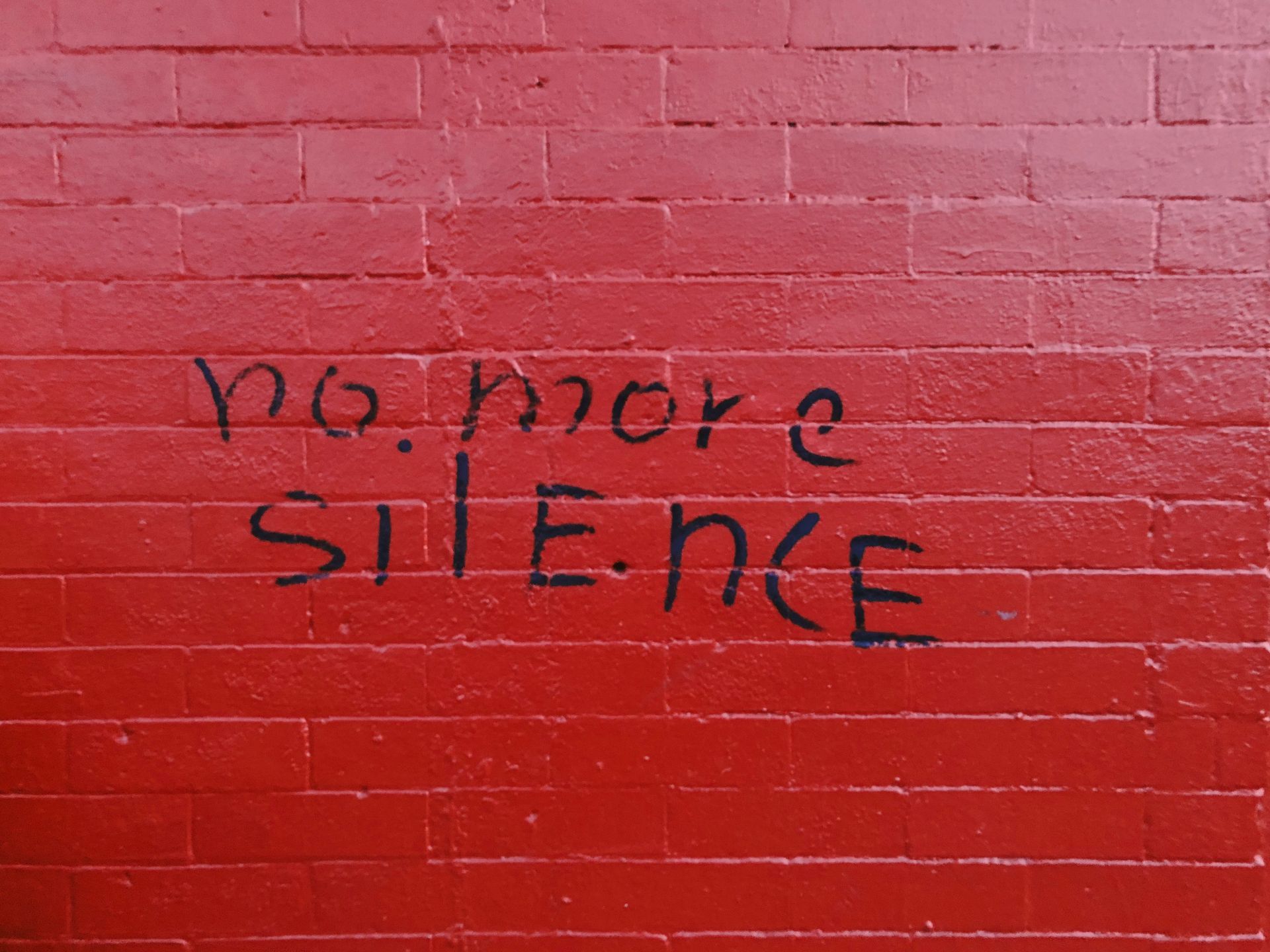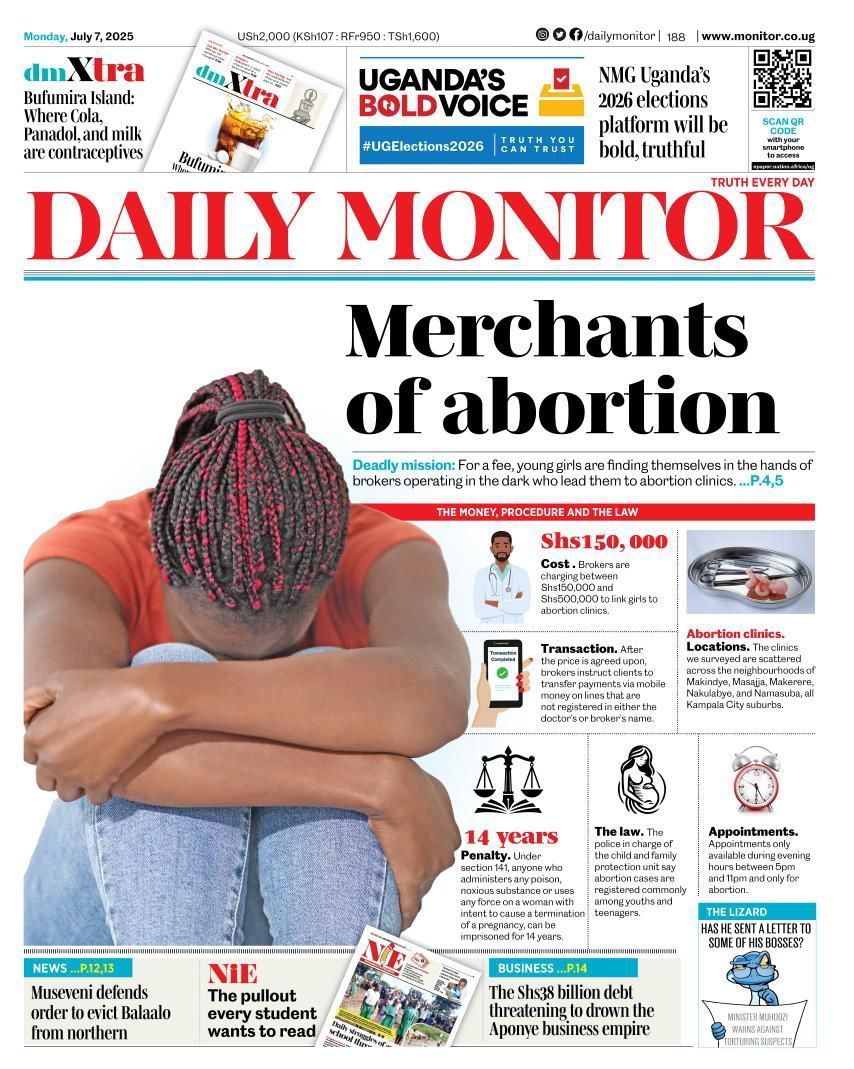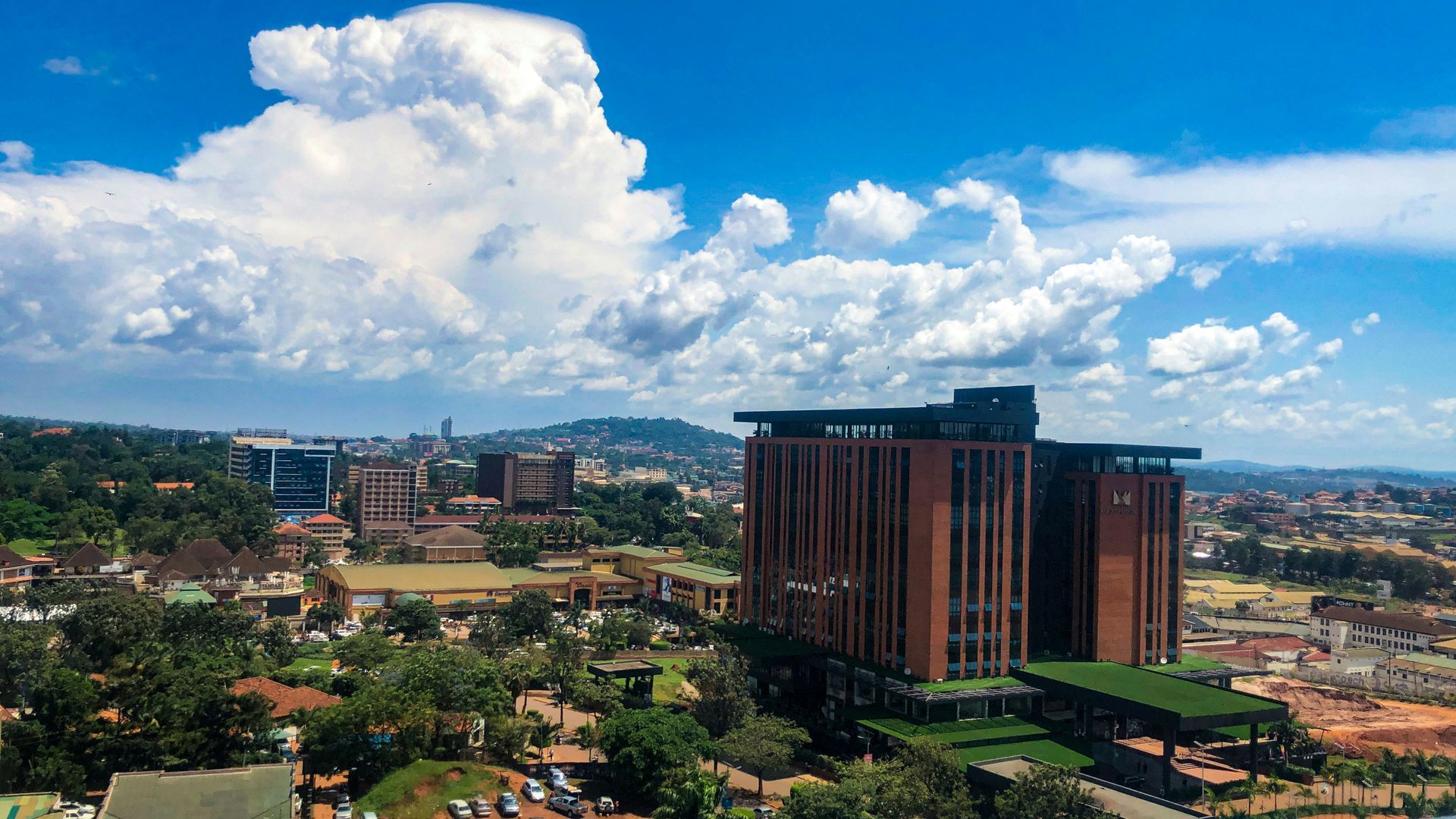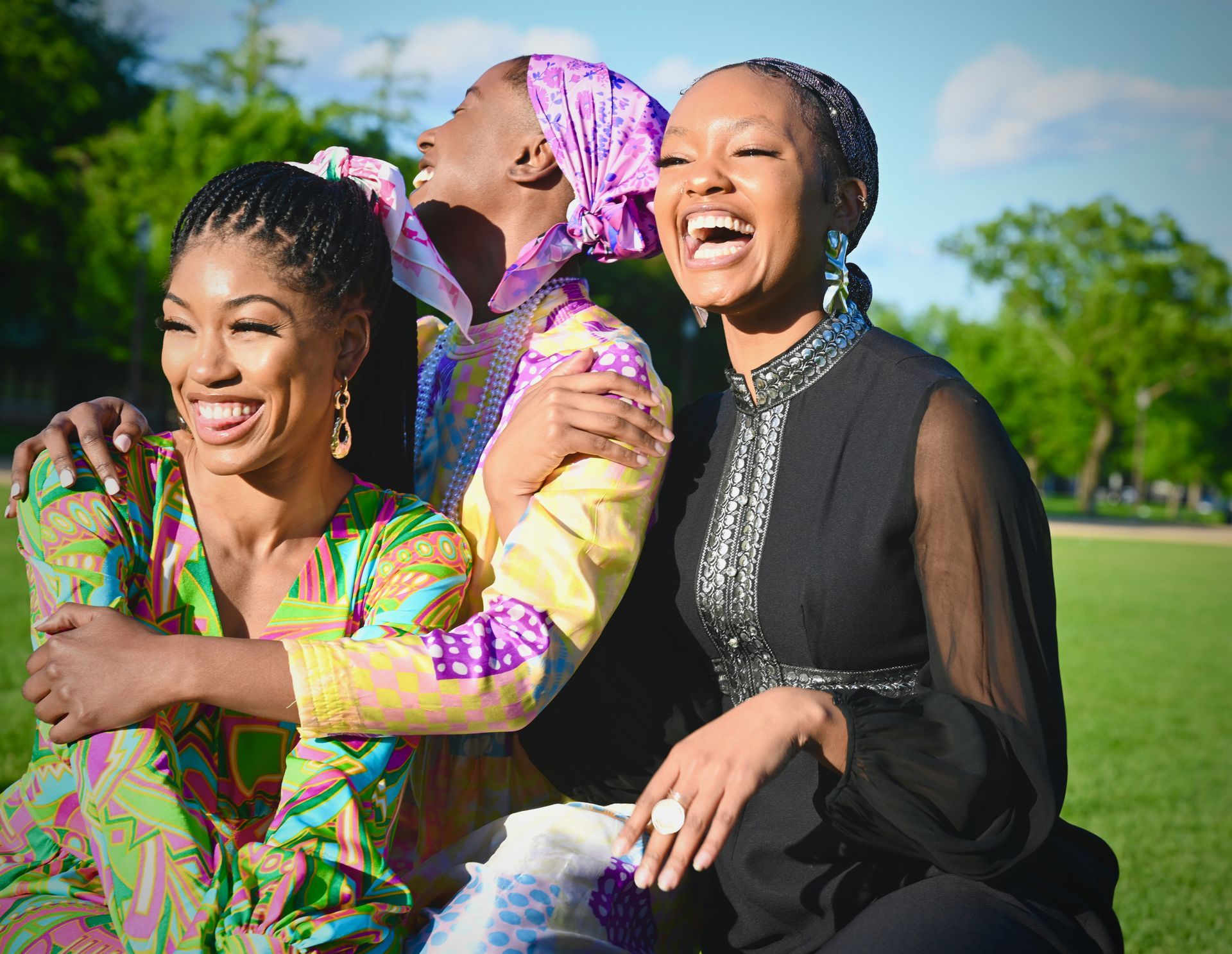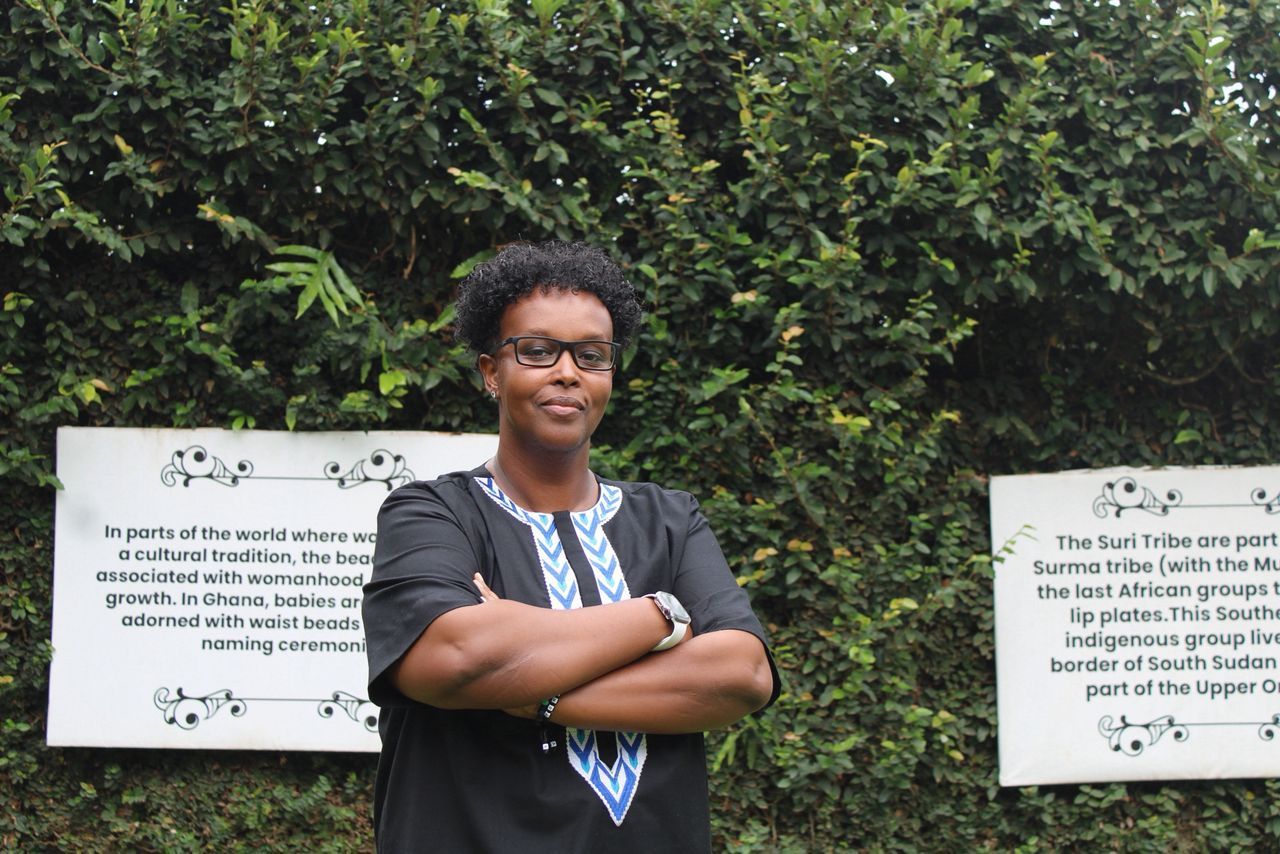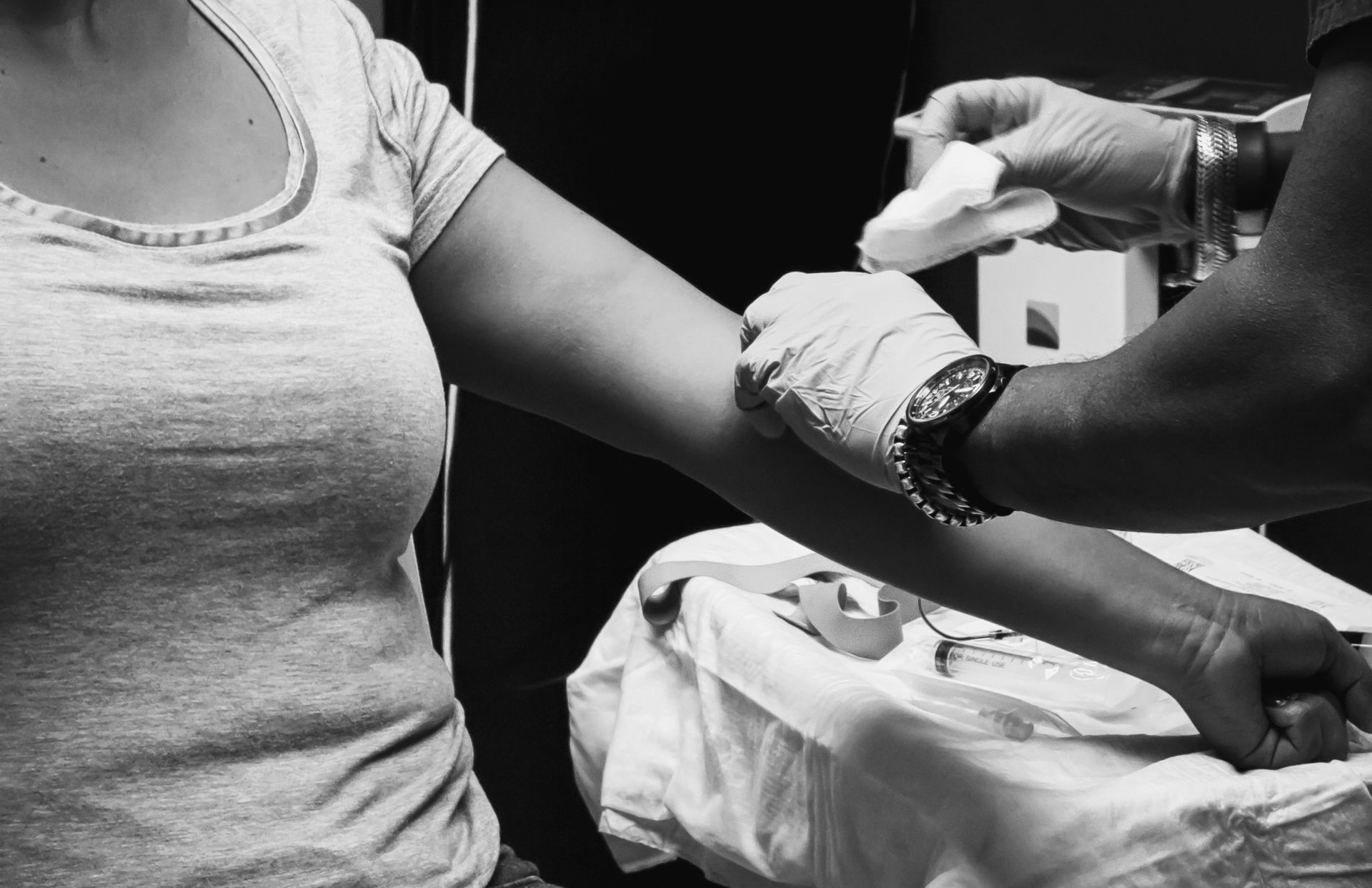Will Uganda’s Young People Reclaim the Democratic Promise?
I was privileged to be selected as one of the participants of the 3rd National Youth Symposium 2025, hosted by the Netherlands Institute for Multiparty Democracy (NIMD). The gathering could not have come at a more revealing time for Uganda’s political journey. Under the theme “Reflection on 20 Years of Multiparty Politics: The Role of Young People in Building a Democratic, United, and Prosperous Uganda,” the symposium brought together young voices across political, social, and regional lines to reflect on how far we’ve come, and who gets to shape where we go next.
As the country prepares for the 2026 general elections, this political season offers more than campaign posters and nomination rallies. It offers an opportunity to pause and ask: What does genuine participation look like when so many young people still feel unheard? What happens when voter registers raise credibility concerns, or when civic education rarely reaches the grassroots in meaningful ways? At Femme Forte, we also ask what these gaps mean for whose voices are left out; especially young women and girls, who continue to face layered barriers even in spaces meant to include them.
The Price of Competing, and the Cost of Exclusion
Securing a political party’s flag has always come with hidden costs, but this year, the stakes have become clearer than ever. For many young Ugandans who dream of contesting in 2026, the rising nomination fees have turned a party flag into an expensive hurdle rather than a gateway.
According to (The Daily Monitor, 2025), a presidential ticket under the ruling NRM now costs 20 million UGX, while an MP slot costs 3 million, and even a local councilor position can demand up to 1 million. While the NRM defends these fees as a way to “screen serious candidates,” the reality is that the price of entry often screens out those with the most at stake: young people, who make up the largest share of Uganda’s population but hold the smallest share of its wealth.
In stark contrast, the Forum for Democratic Change (FDC) charges 5 million for president, 100,000 for MPs, and nothing for councilors. Meanwhile, the National Unity Platform (NUP) currently asks for no nomination fees at any level, positioning itself as more accessible to young and less resourced aspirants.
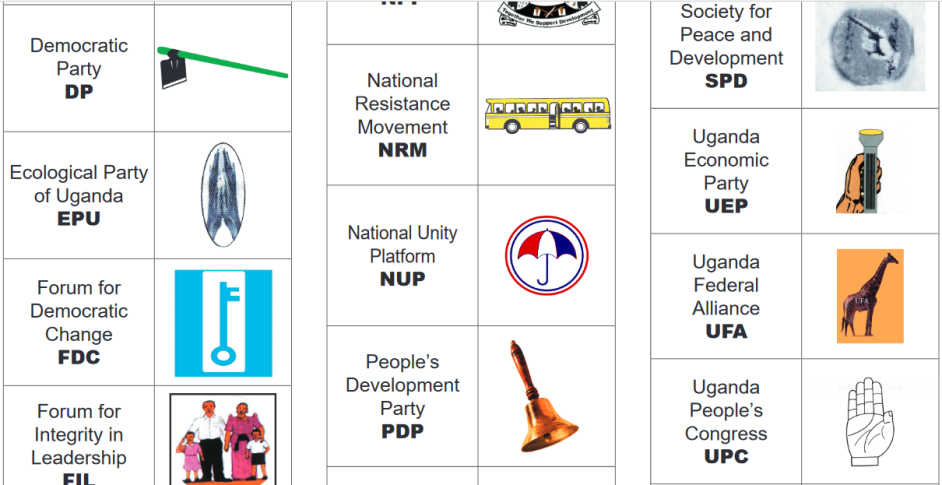
While these differences shape options for all youth, the financial burden falls heaviest on those who have the least, and young women often stand at that intersection. Persistent gender-pay gaps, limited access to networks and campaign donors, and cultural expectations that undervalue women’s leadership mean many aspiring young women are locked out before they can even begin. When nomination fees run into the millions but deeper inequalities go unaddressed, the promise of participation stays on paper. If Uganda truly wants fresh, diverse leadership for the next generation, then the cost of entry must not be yet another gate that pushes bold young people to the margins.
When Elections Leave Young People Behind
The recently concluded youth elections at the grassroots level, intended to promote inclusive participation, instead revealed deep cracks in Uganda’s electoral foundations. Many young opposition aspirants were sidelined, raising serious concerns about transparency and fairness. Even more troubling, numerous young voters expressed frustration with the voters’ register, alleging inconsistencies that led to widespread disenfranchisement (The Daily Monitor, 2025).
If we cannot guarantee credibility and meaningful participation in youth-led electoral processes, what hope is there for the integrity of the 2026 general elections? These local-level failures risk eroding public trust in our broader democratic institutions.
Adding to these anxieties is the Kawempe by-election, recently annulled by the courts due to rampant irregularities and electoral violence, even after the declared winner had been sworn into Parliament (UBC, 2025). This reversal is not merely a legal technicality; it is a stark political warning. It raises urgent questions about institutional accountability, the independence of the Electoral Commission, and the alarming normalization of violence during elections.
Beyond Quotas: Real Representation or Symbolic Seats?
One theme that came through strongly at the Symposium was the need to move beyond mere numbers. Many speakers highlighted that affirmative action and youth quotas can only go so far if they do not lead to actual decision-making power. The same goes for gender representation: a seat without a voice is not representation. It is a placeholder.
If we want youth participation to matter, we must ask the harder questions: Are young people, young women equally trusted with leadership? Do they have the resources and networks to influence policy? Are our civic education spaces speaking to the youth in ways that make them feel politics belongs to them too? These are questions we must keep asking until answers become action.
Despite the hurdles, Uganda’s young people remain a source of hope. Across social media, community gatherings, and civic initiatives, they continue to mobilize, educate, and hold leaders accountable. Many young women are refusing to be invisible, they are organizing voter education drives, challenging harmful narratives, and pushing for safer, fairer spaces for all genders to participate.
But the burden of building credible systems cannot be theirs alone. Political parties must invest in nurturing young leadership, not just using young people as campaign mascots. Civic education must be more than a campaign promise; it must be sustained, non-partisan, and gender-responsive. Institutions must commit to credibility at every step, because when trust breaks at the grassroots, it is hard to rebuild it at the national level.
A More Inclusive Future: Access, Agency, Accountability
Two decades since the return of multiparty politics, Uganda stands at a threshold. Our democratic future will not be determined by the number of parties alone, but by how deeply our systems honor participation in practice, not just for the loudest or the wealthiest, but for every young person who dares to imagine a different country.
At Femme Forte, we know that building a just democracy means looking at who is missing from the conversation and why. If we want a democratic, united, and prosperous Uganda, then the ideas, ambitions, and leadership of young people especially young women cannot remain an afterthought. The next 20 years will test how seriously we treat access, agency, and accountability for all. Uganda’s youth are ready. The real question is whether our systems are ready for all of them.
Article by Sakisa Hellena
References
The Daily Monitor. (2025, April 15). News: National. Retrieved from The Daily Monitor: https://www.monitor.co.ug/uganda/news/national/list-nrm-hikes-nomination-fees-ahead-of-2026--5004134
The Daily Monitor. (2025, June 19). News: National. Retrieved from The Daily Monitor: https://www.monitor.co.ug/uganda/news/national/village-elections-leave-bitter-taste-in-opposition-mouth-ahead-of-2026-elections-5087044
UBC. (2025, May 27). News: Politics. Retrieved from UBC: https://ubc.go.ug/2025/05/27/court-nullifies-kawempe-north-mp-election-orders-fresh-poll/

